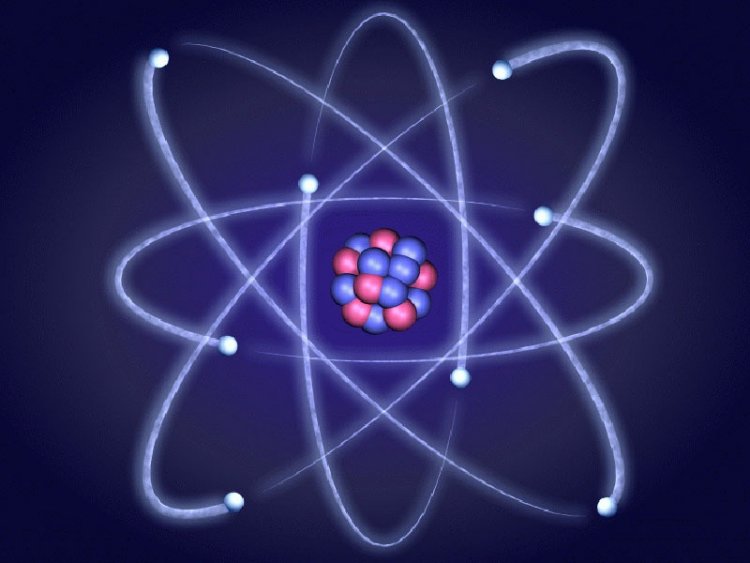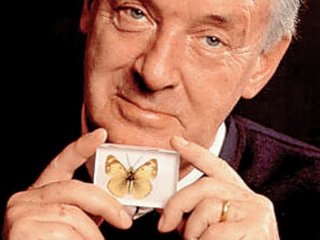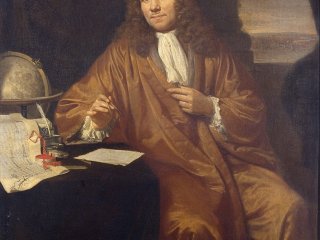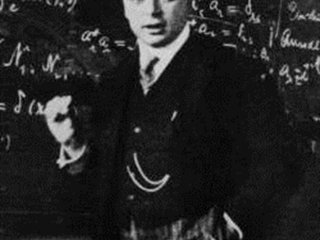
Do not be confused – we are not talking about the physicist under the name Thomson who was later granted the title of Lord Kelvin and who proposed the temperature scale of his own name. The Thomson we are talking about today is well-known in the scientific community under the nickname of J.J. Thomson. He was born in a suburb of Manchester and since his early childhood he had been preparing for an engineering career as his father wanted. However, he didn’t make a talented engineer, though when he was 14, he entered the Owens College (now the University of Manchester). The institution played a decisive role as there the course of experimental physics was given. The science excited J.J. more than technics and he continued his education at Cambridge. There he got a Bachelor of Mathematics degree and earned respect in the academic community. This is testified by the fact at the age of 24 he was an Academic board member of the Trinity College and at the age of 27 he was a professor of experimental physics and director of the famous Cavendish Laboratory. It is in the latter that he began investigating electric current passing through rarified gases. This research led him to discover a particle he called a corpuscle and to the hypothesis that atoms were further divisible. He found it natural to consider a corpuscle as a building block of an atom. He proceeded to suggest an atomic model that corresponded to his discovery. Physicists compared this model with a pudding and corpuscles that came to be called electrons were compared to raisins in the plum pudding. This model was not recognized by the scientific community, but the discovery of the electron was appreciated: in 1906, J.J. Thomson won the Nobel prize to mark his outstanding achievements in theoretical and experimental research of electric conductivity in gases. The achievements were really great as by suggesting that the atom was divisible, J.J. Thomson lay the foundation of a new era in physics.

























